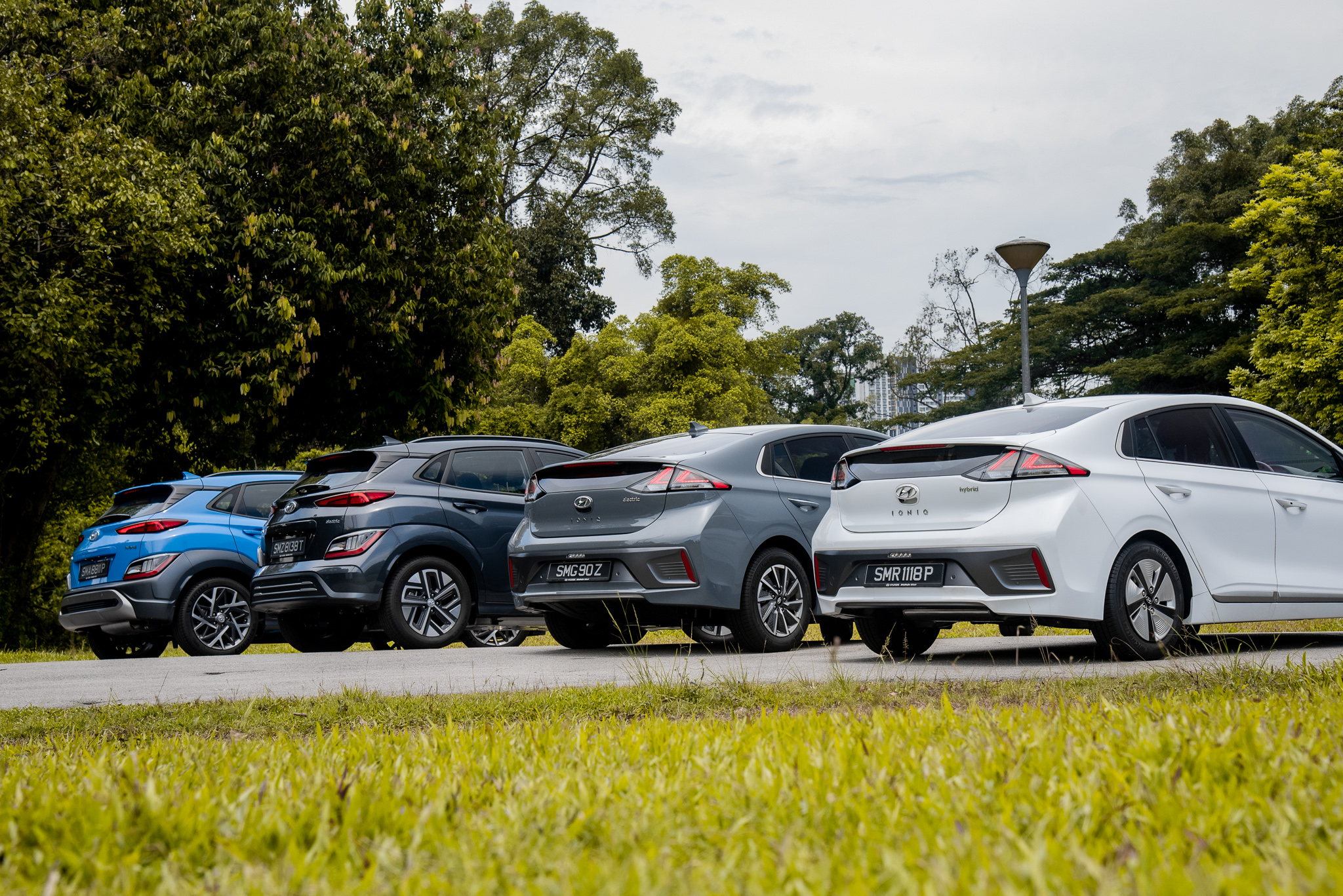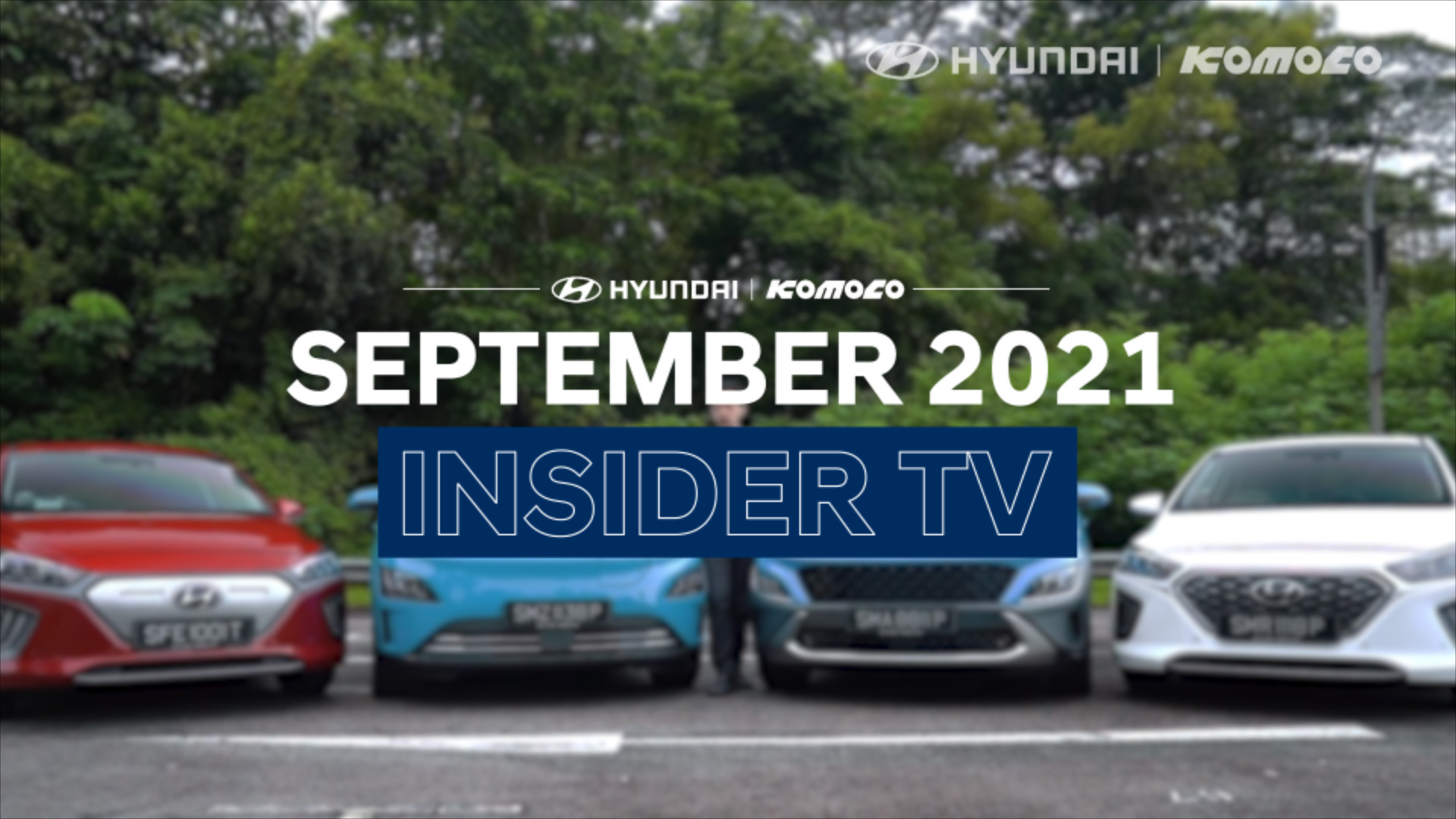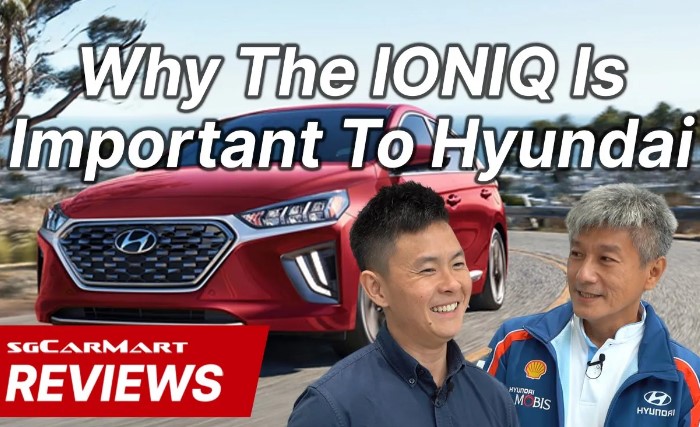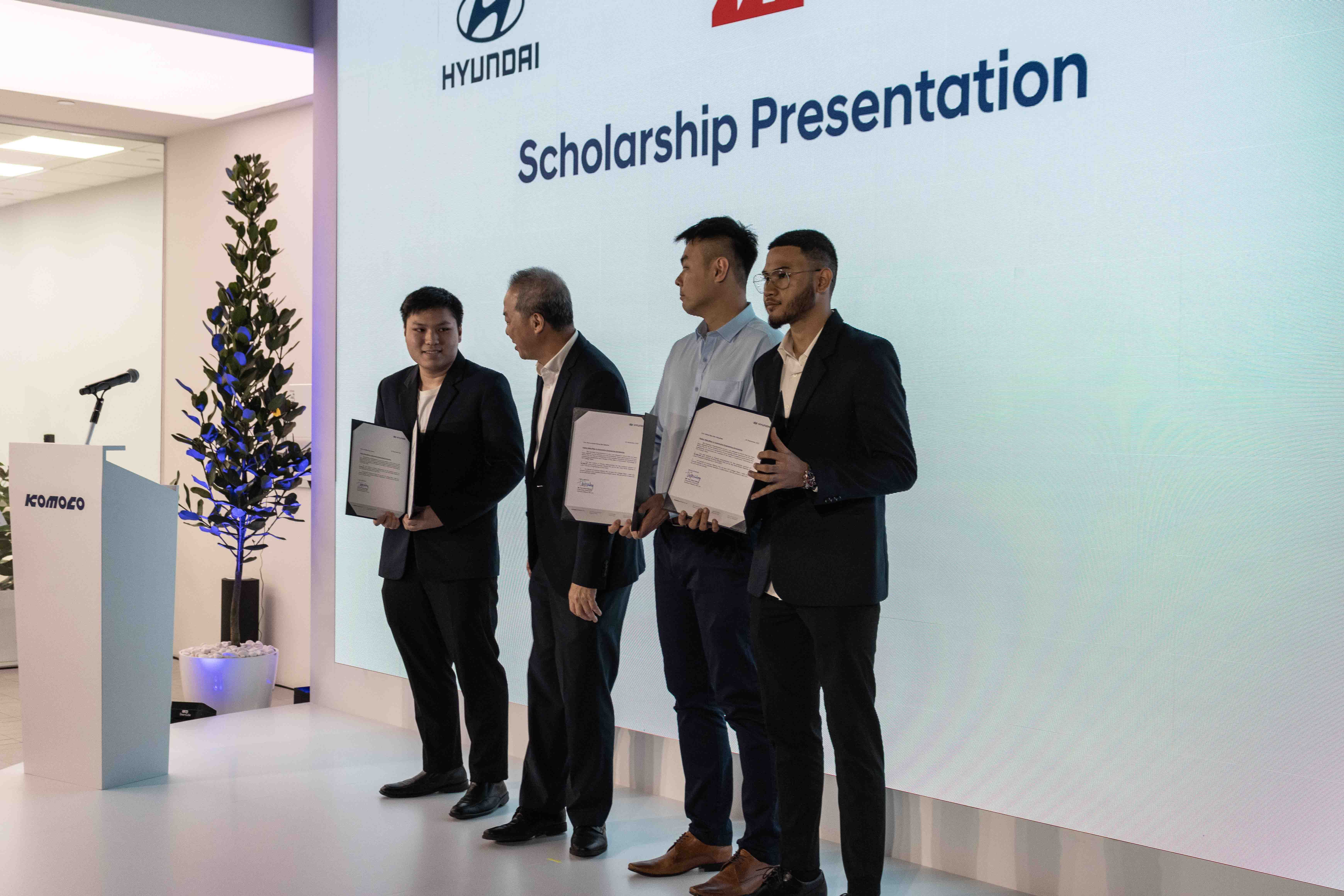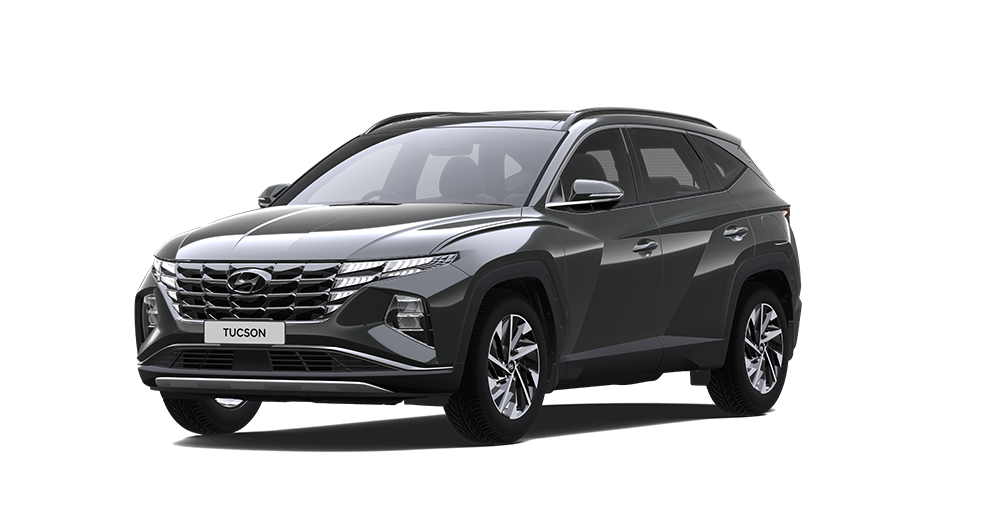Singapore - Hybrids, mild hybrids, plug-in hybrids and battery electric vehicles (BEVs) are all the rage these days. In Singapore’s journey towards electrification, there’s been a steady stream of electrified vehicles available, each with a new- new method of electrification that trumps the last best thing.
Better fuel economy, lower servicing costs, improved safety, cost savings in the long run, that sort of thing. All this works towards transitioning fossil-fuels-powered vehicles towards a new age of electrification. Hybrids are already commonplace, with even BEVs rapidly gaining traction, despite the current limitations of Singapore’s expanding charging network.
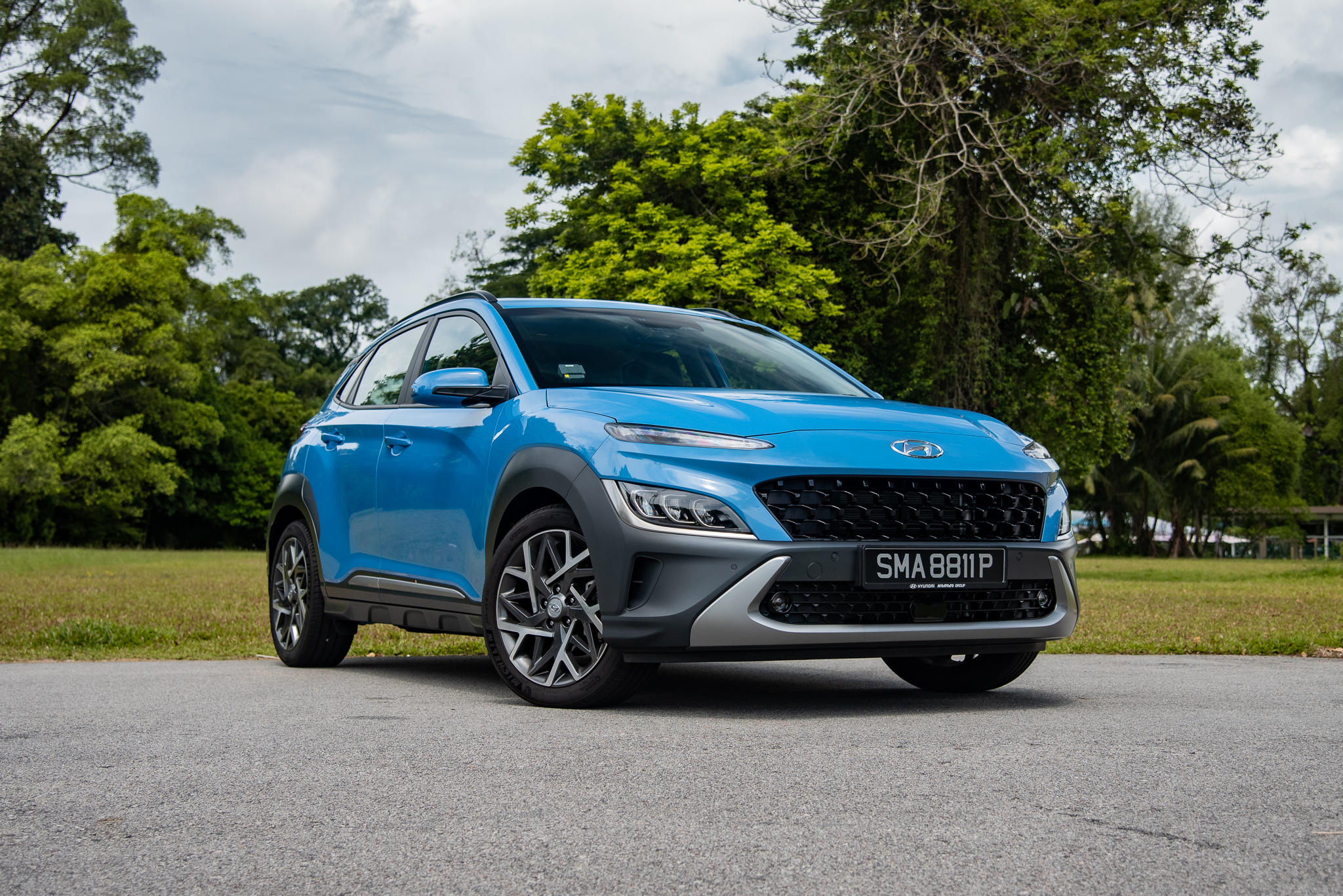
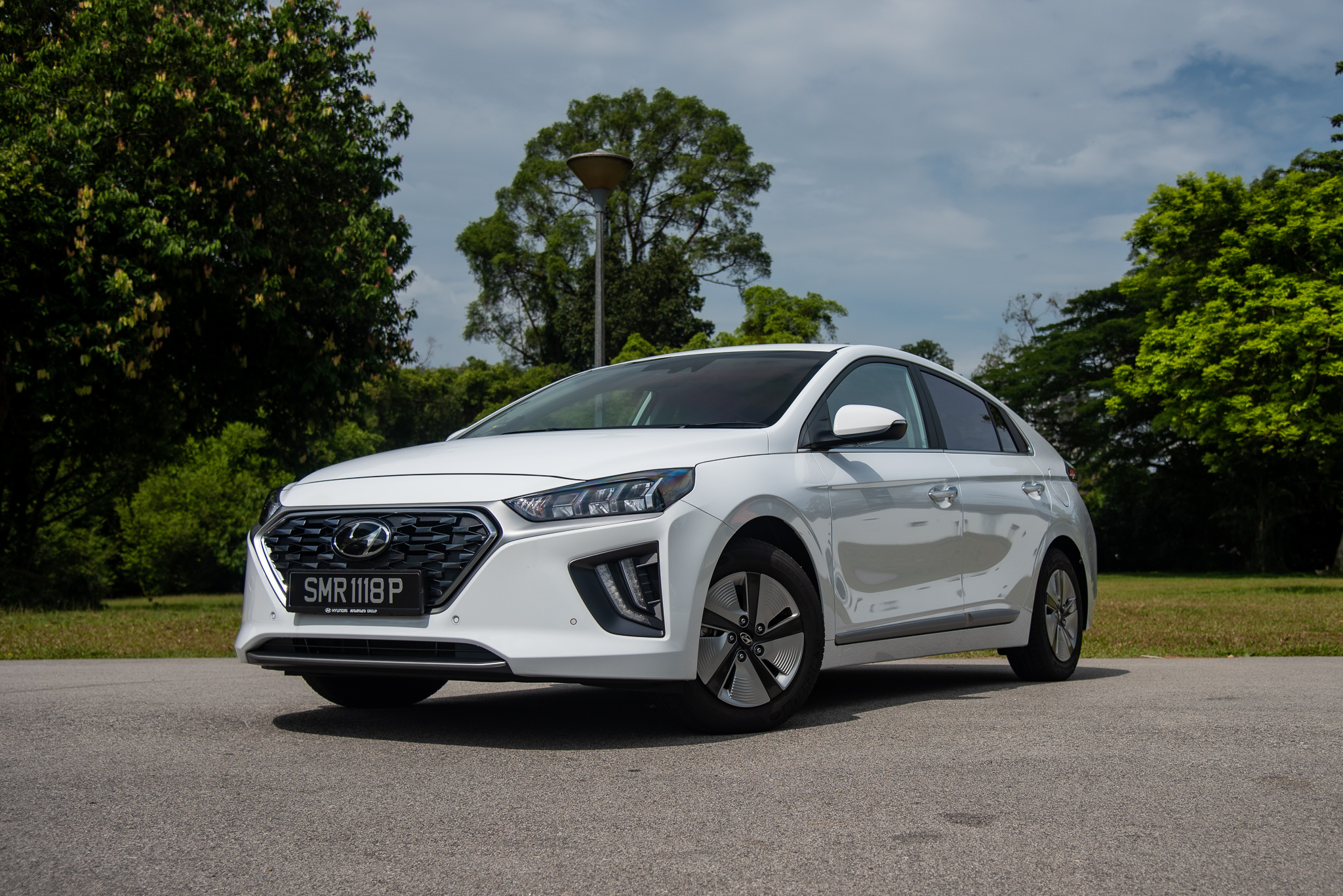
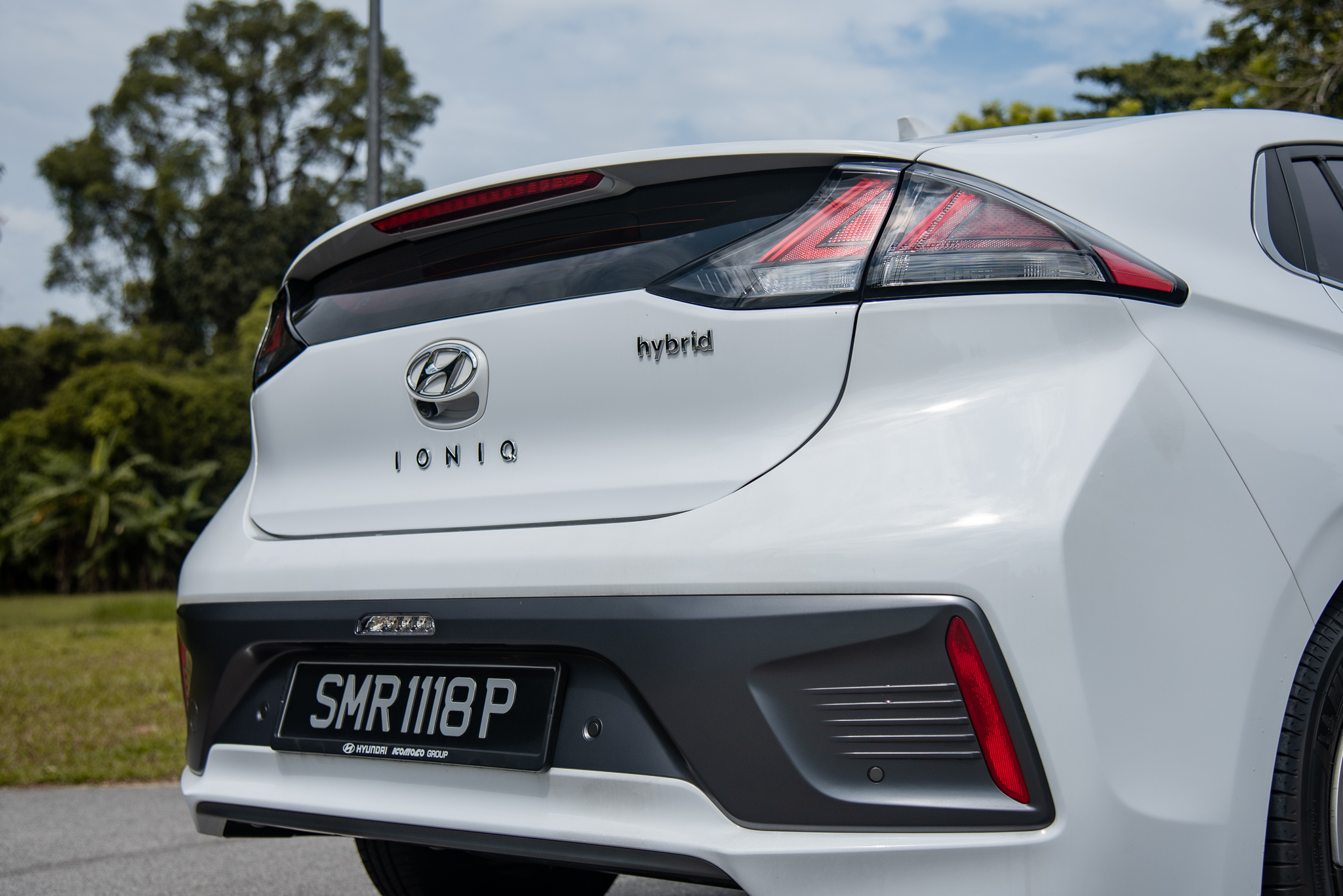
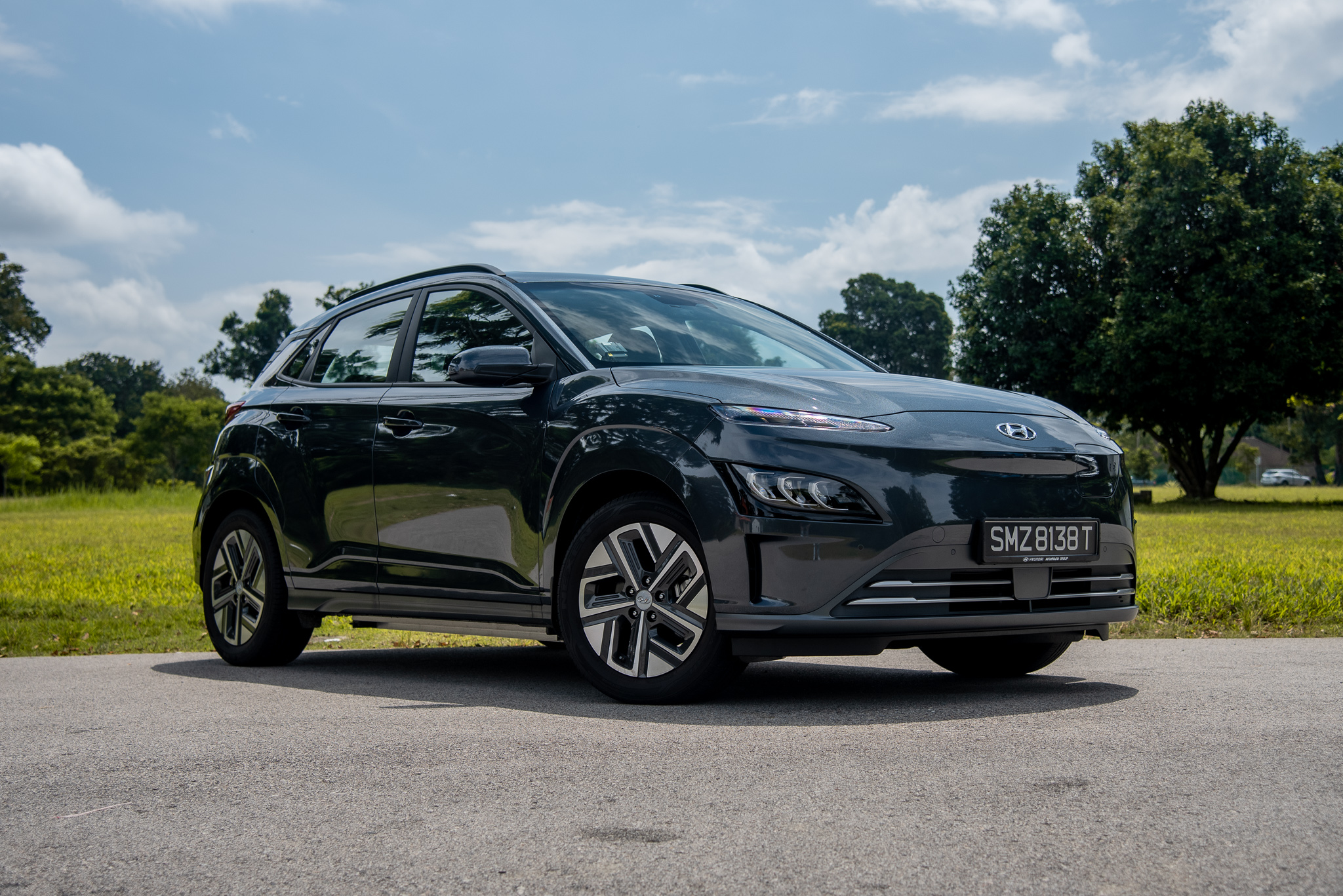
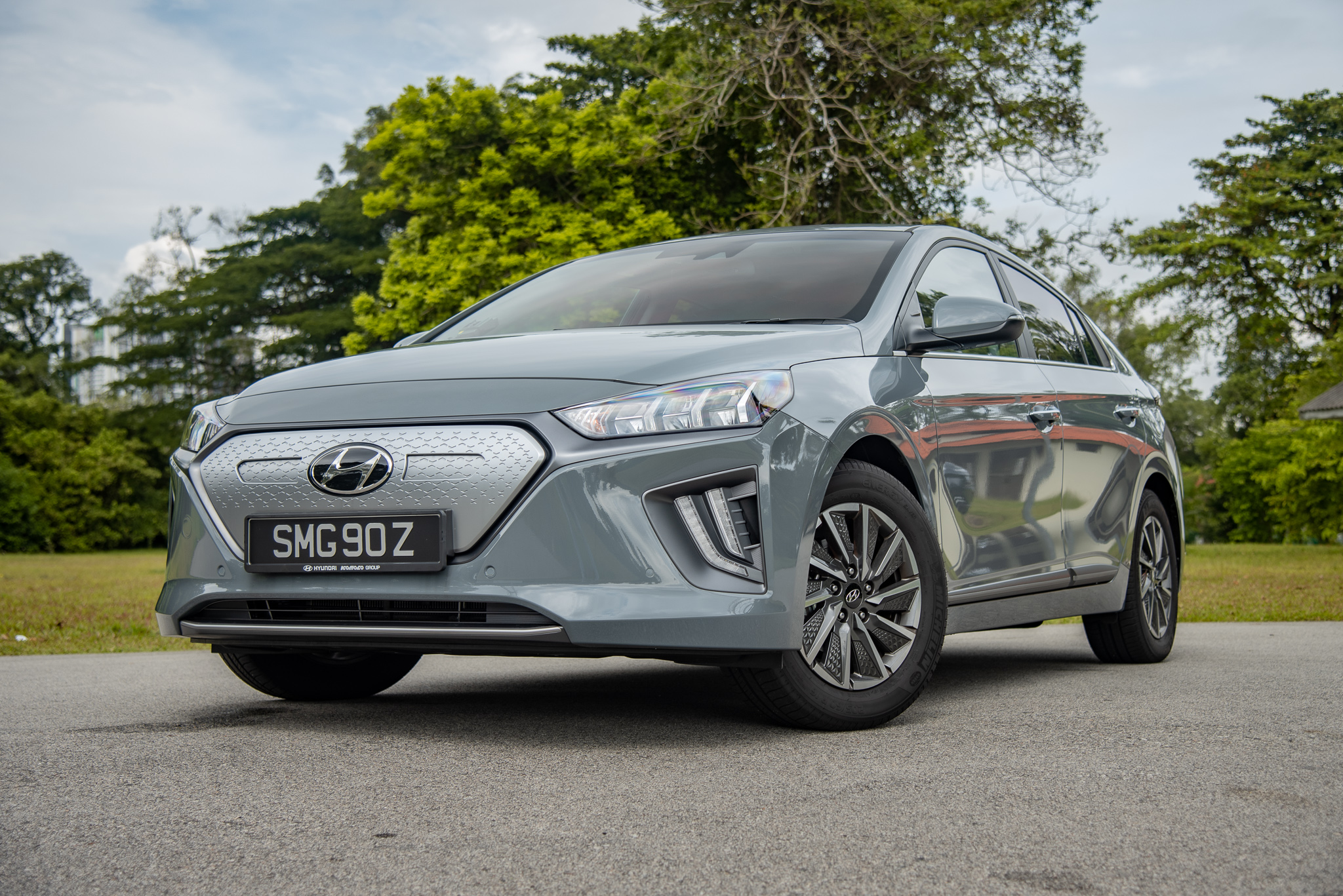
Along with new government mandates such as the Early EV Adoption Incentive (EEAI) and the updated Vehicular Emission Scheme (VES), an electrified car seems to be the more viable option, as well as the more pragmatic one.
In Singapore, Komoco Motors currently offers four models to lead Hyundai’s charge toward electrification: the Ioniq liftback sedan and Kona crossover, both of which are offered in hybrid and BEV powertrains.
That’s not all: the Tucson Hybrid and Santa Fe Hybrid models will arrive by the end of 2021, with the all-electric Ioniq 5 slated for 2022, which brings the brand’s portfolio of electrified models to seven, one of the largest in its segment.
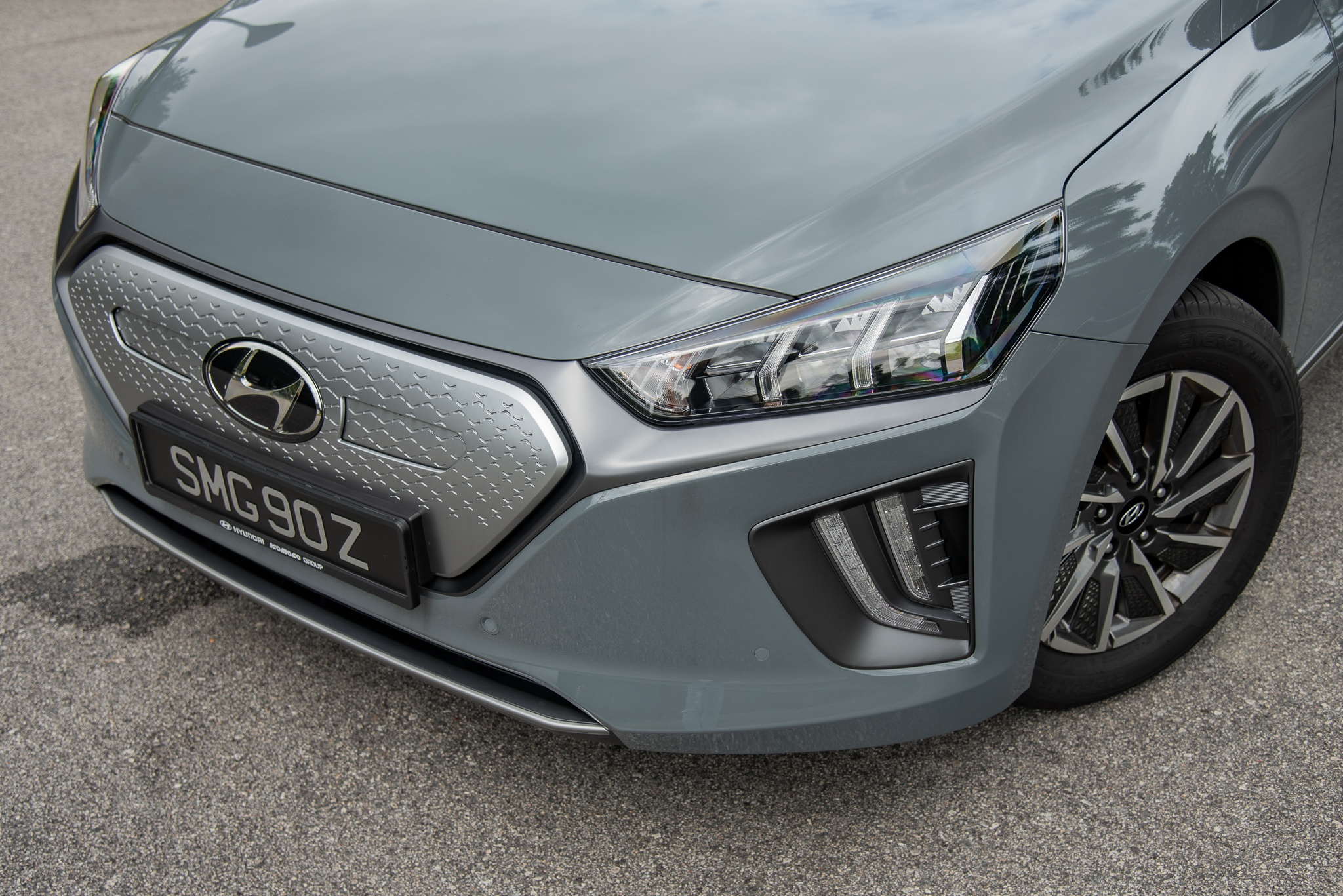
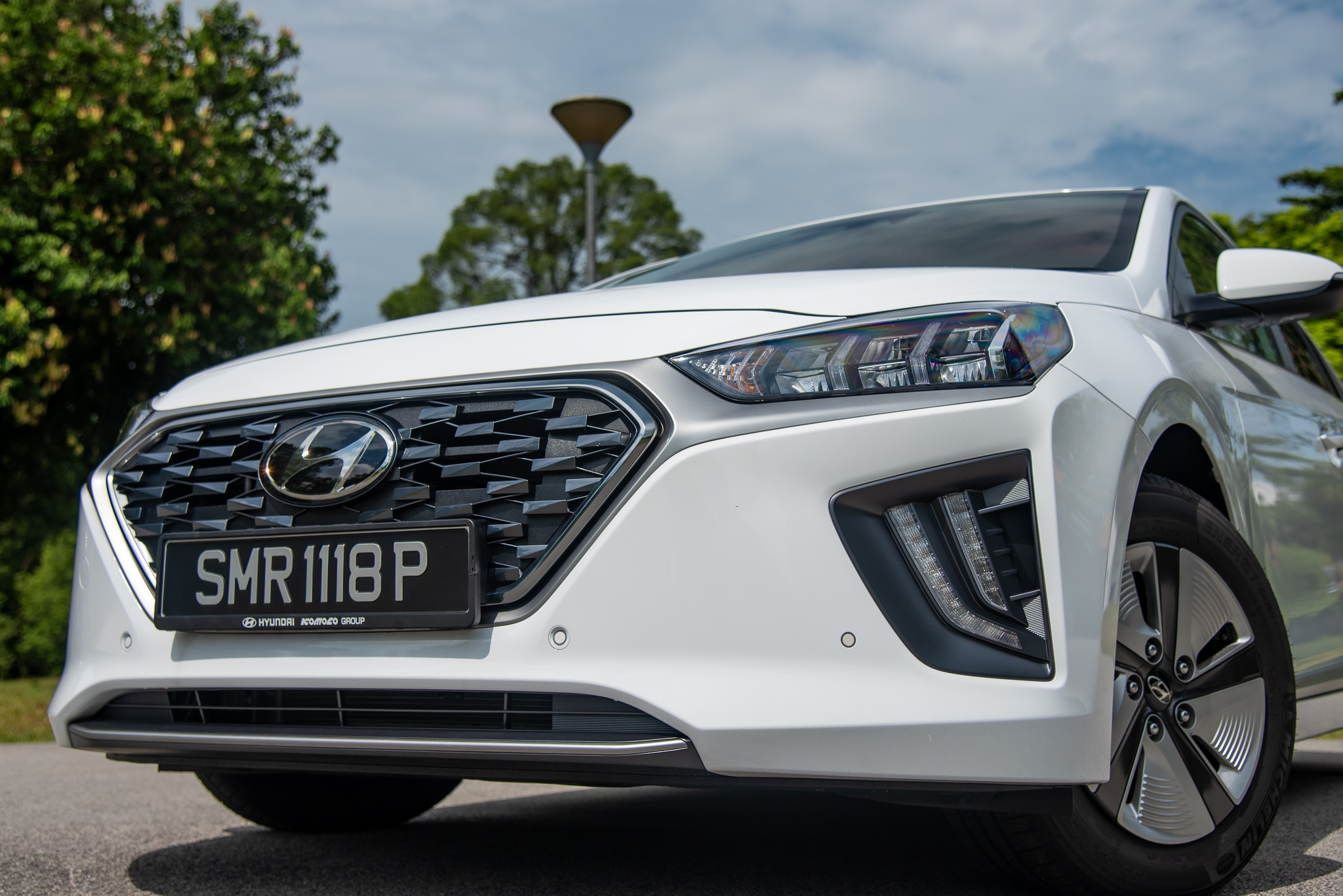
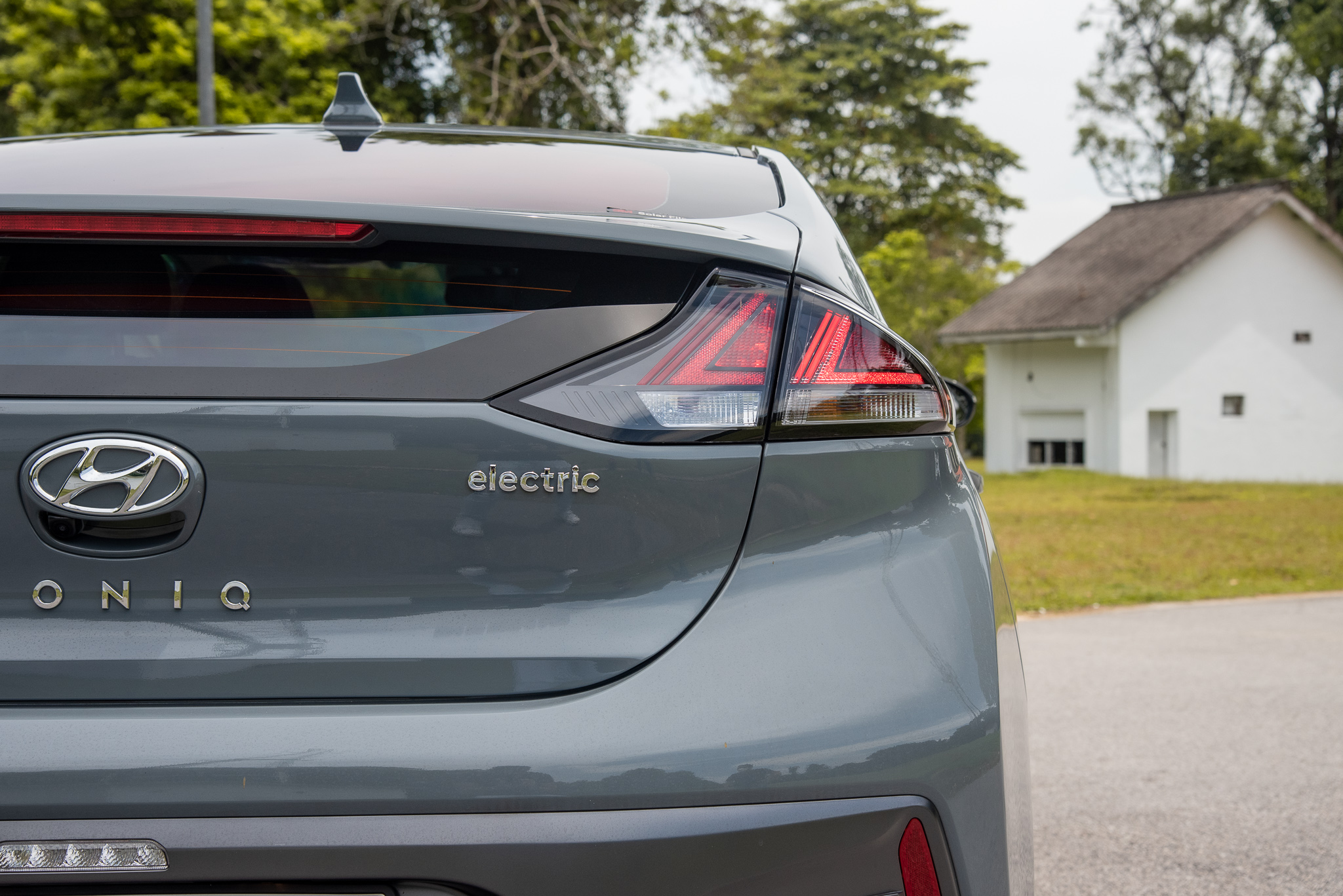
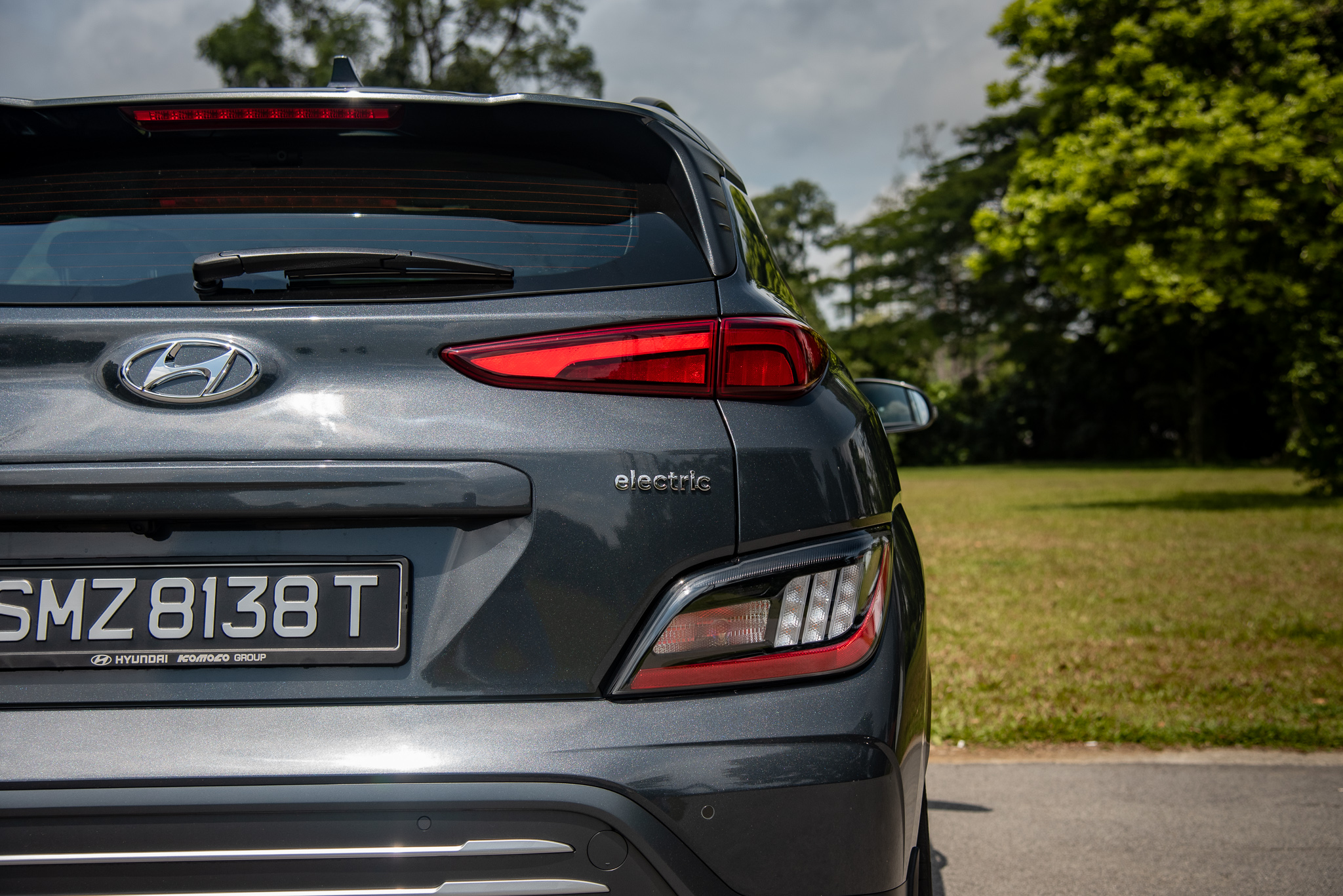
Of course, many Singaporean motorists still have inhibitions about making the switch from fossil fuel to flowing electrons. This is why Hyundai delivers the best of both worlds by offering hybrid petrol-electric vehicles, as well as all-electric BEVs, to its customers.
With four models to choose from, Hyundai’s electrified range offers plenty of features and benefits to satisfy the needs of the average Singaporean driver, and quite possibly sway the opinions of the disbelievers. Including a full suite of safety features that puts most cars to shame.
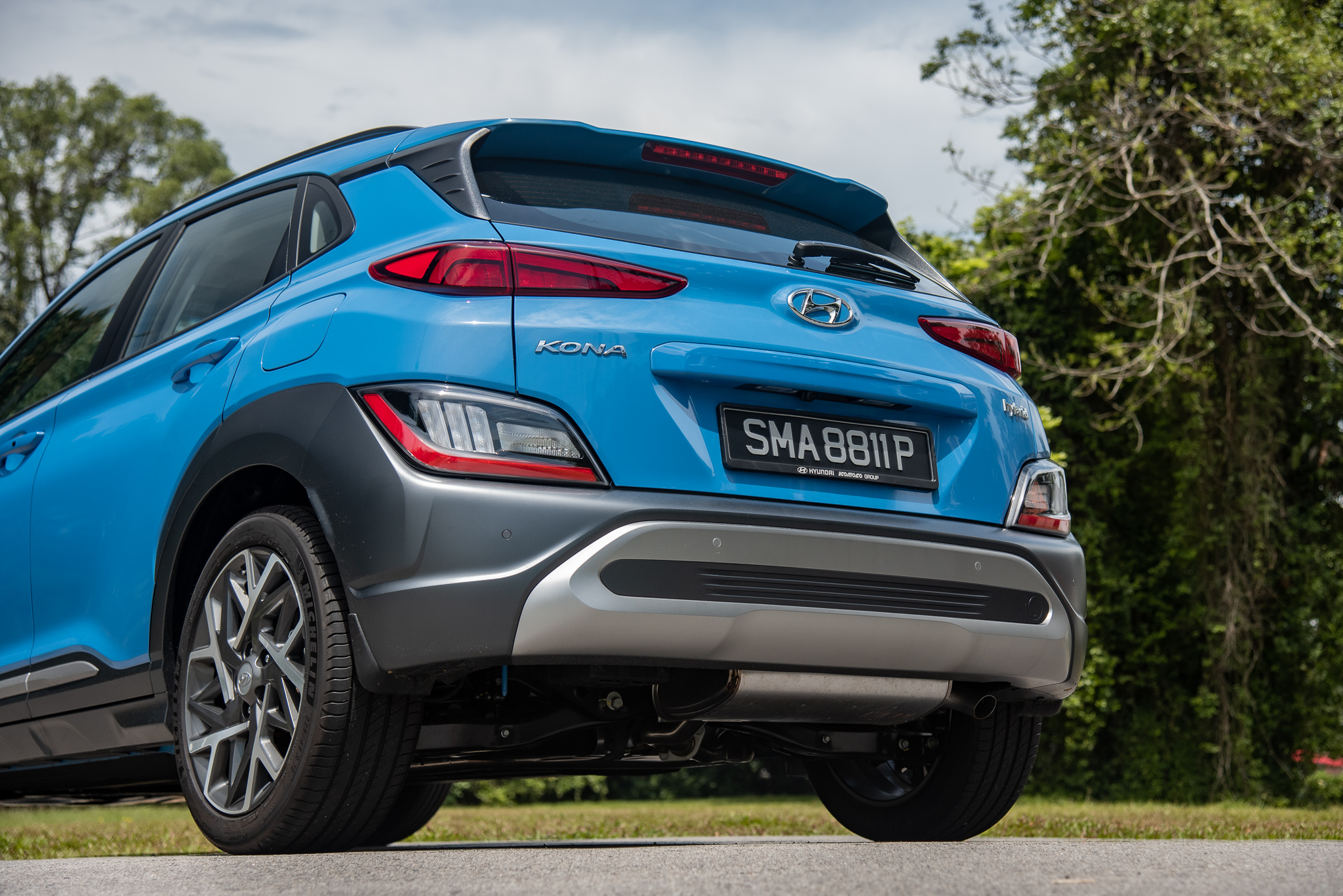
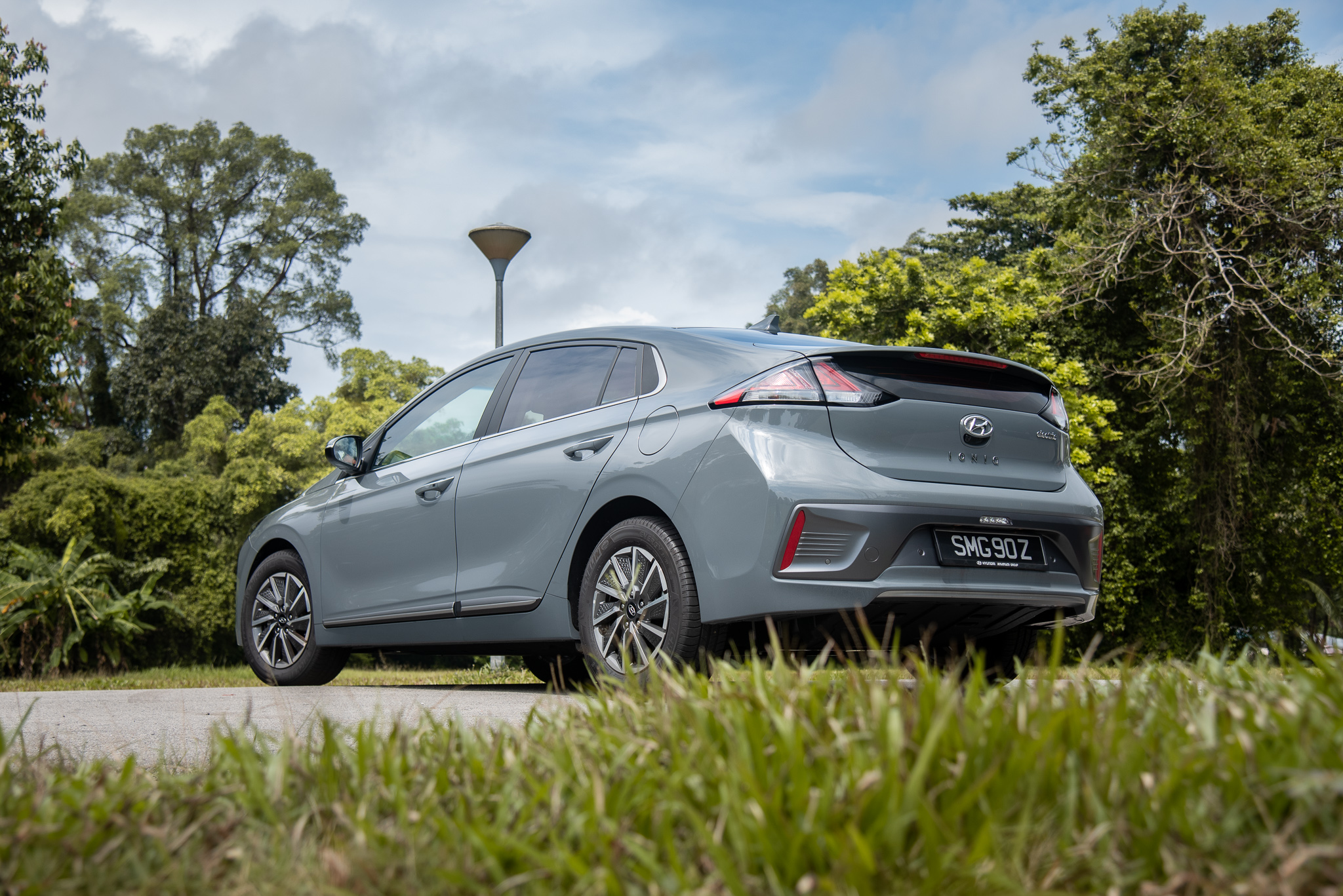
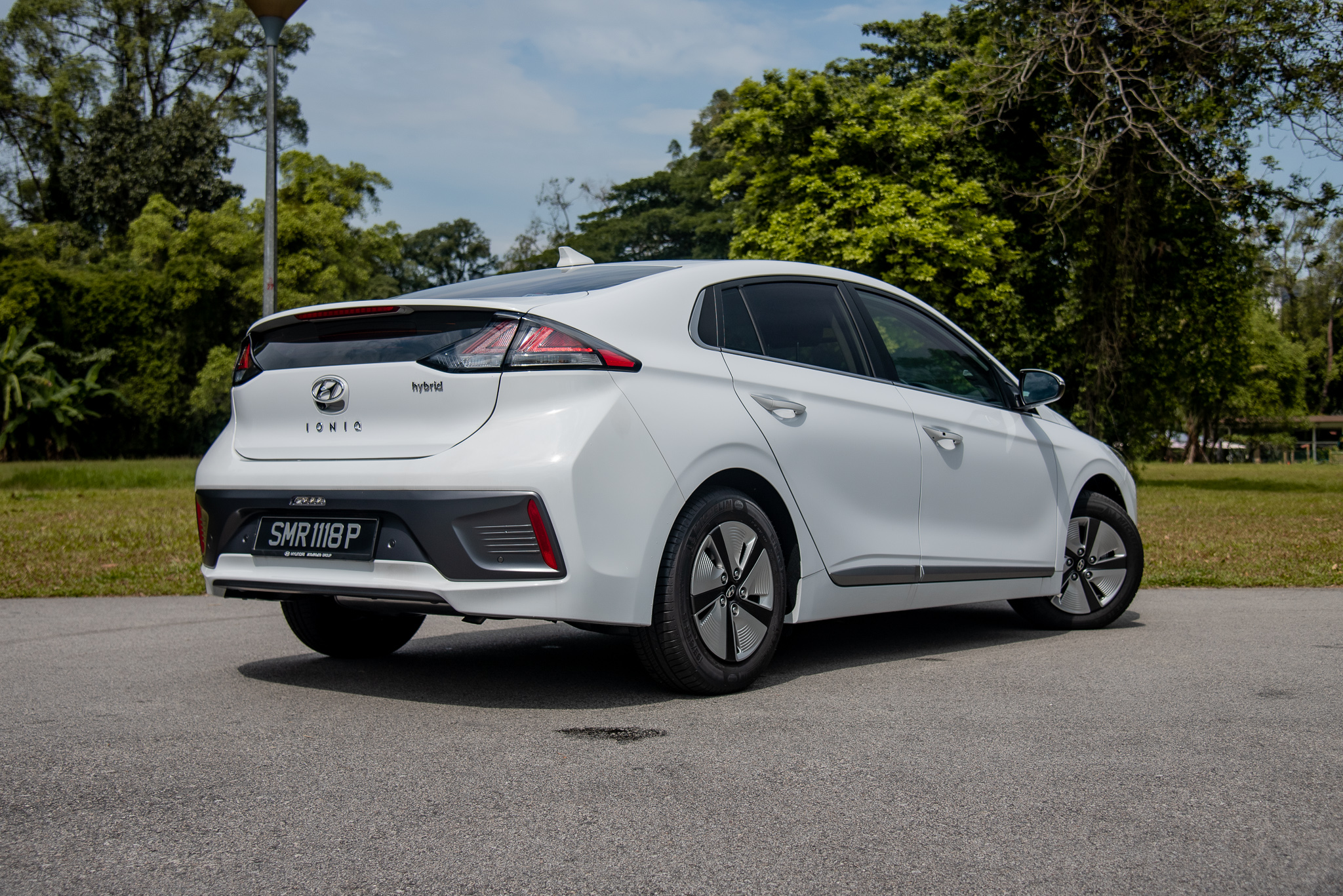
Granted, the hybridised models are still the more popular choice in Hyundai’s range, with taxi companies snapping up the Ioniq Hybrid for use as taxicabs, which is a good testament to the model’s reliability.
With an all-rounded repertoire that serves up stellar build quality, comfort, refinement and practicality, the Ioniq Hybrid offers much in the way of premium amenities and averages a frugal 3.8L/100km. Likewise, the Kona Hybrid returns a fuel economy just shy of 4.0L/100km.
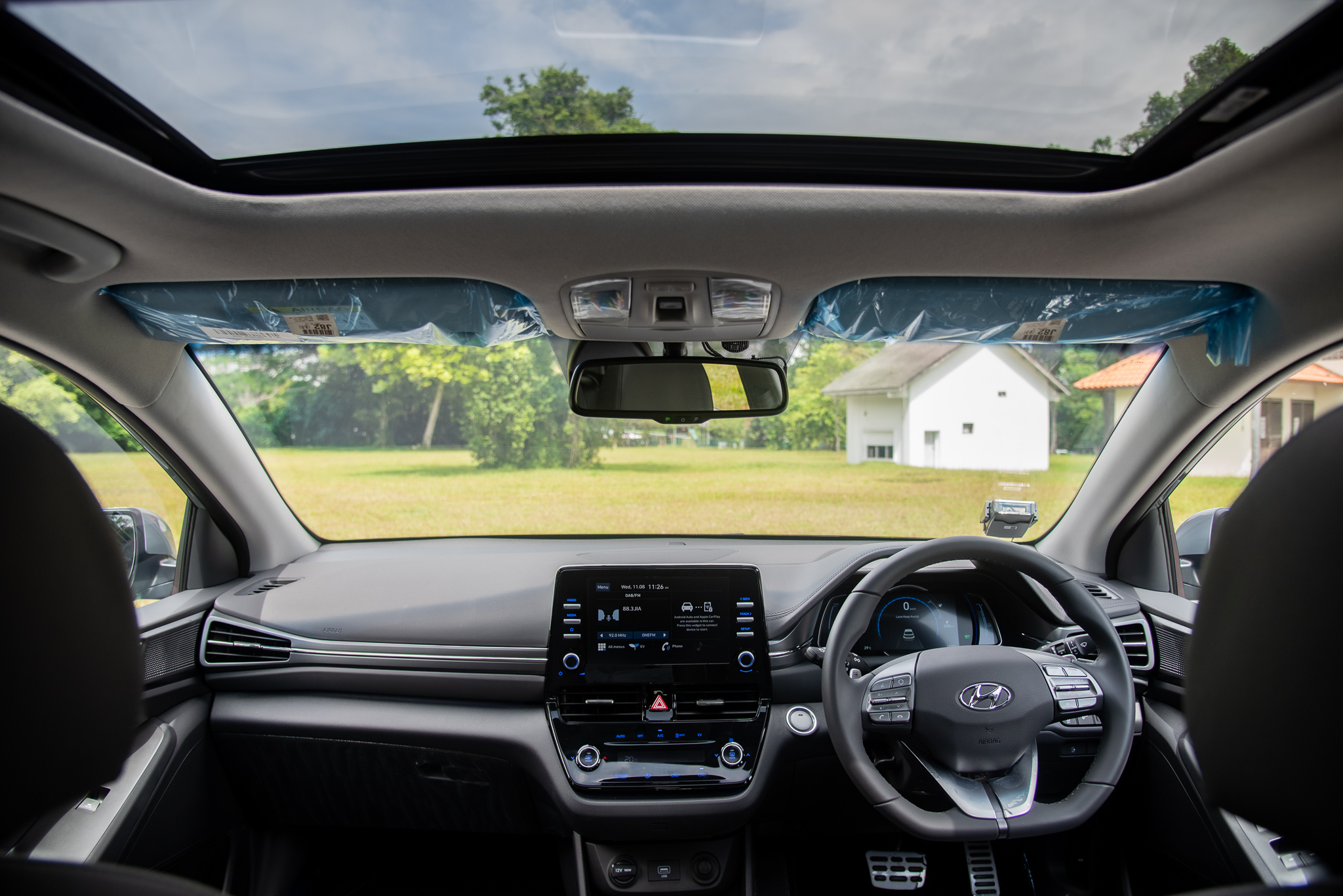
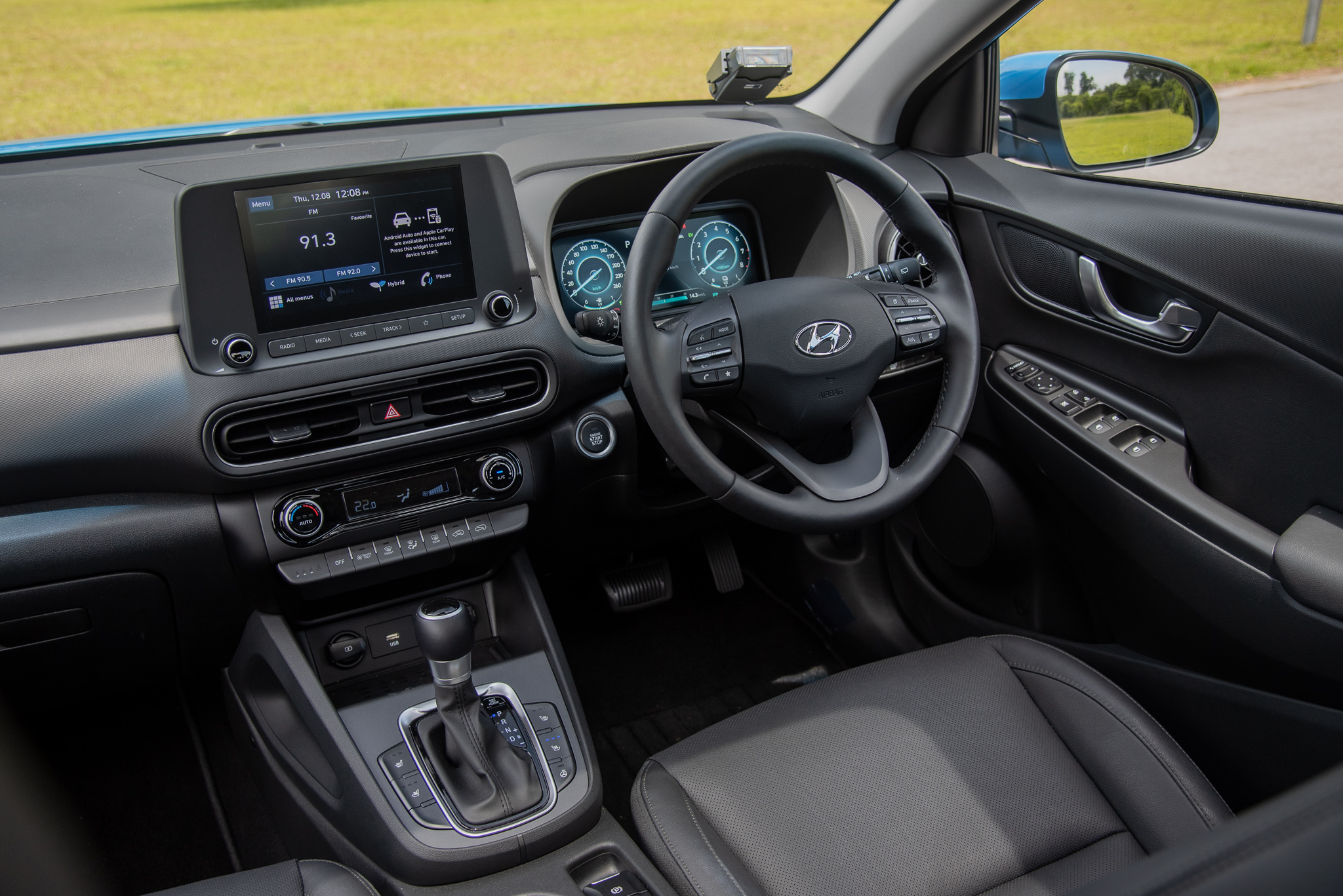
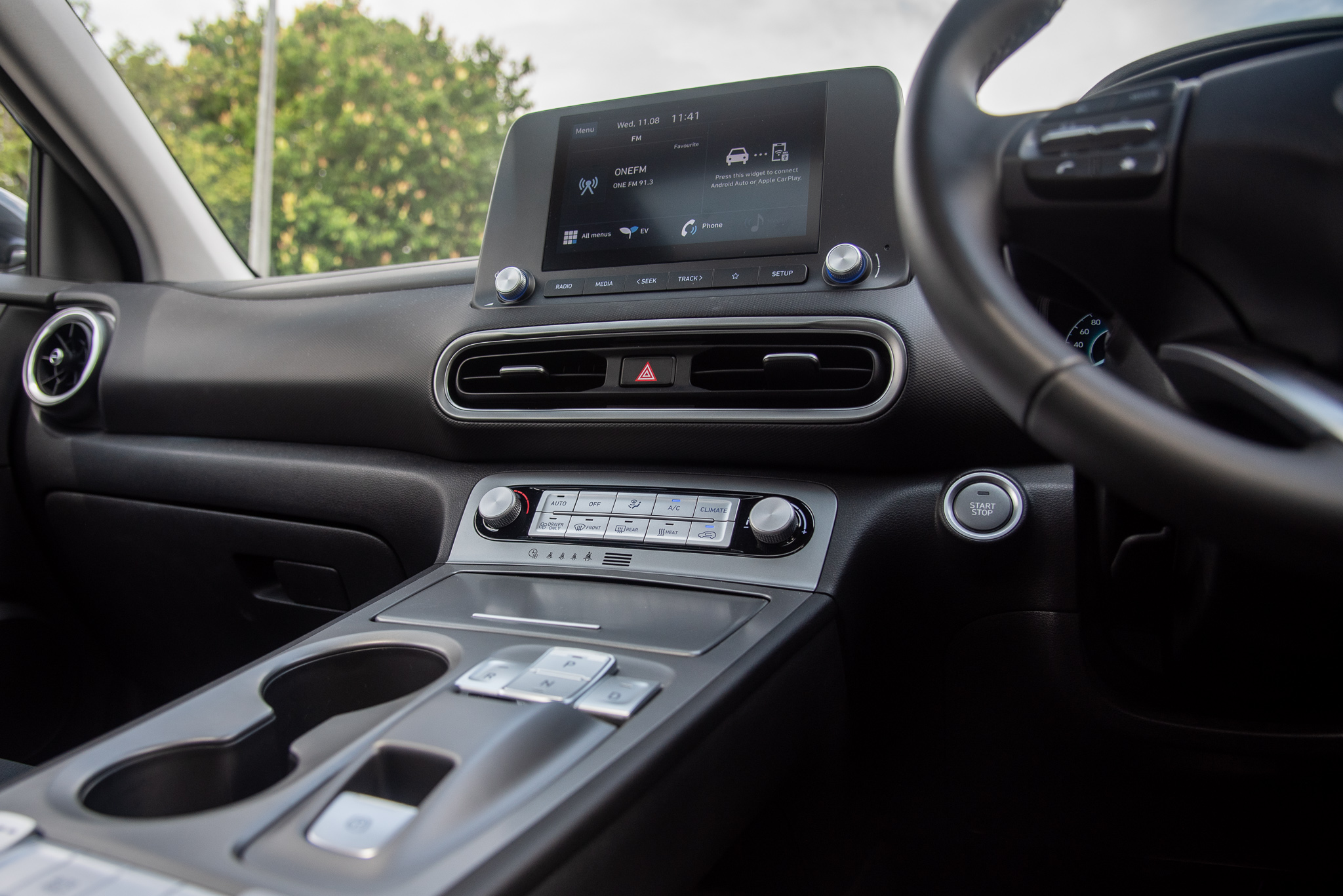
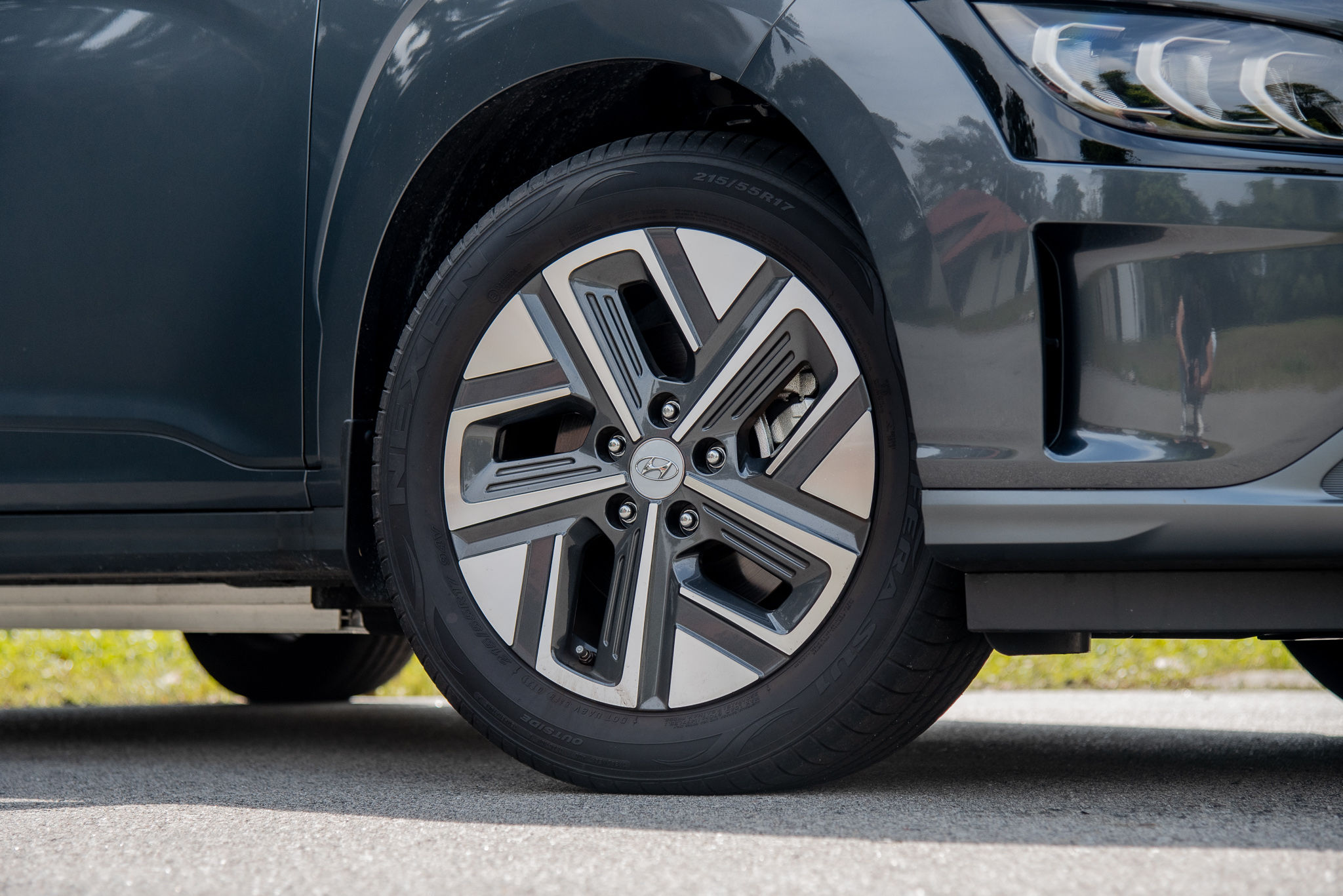
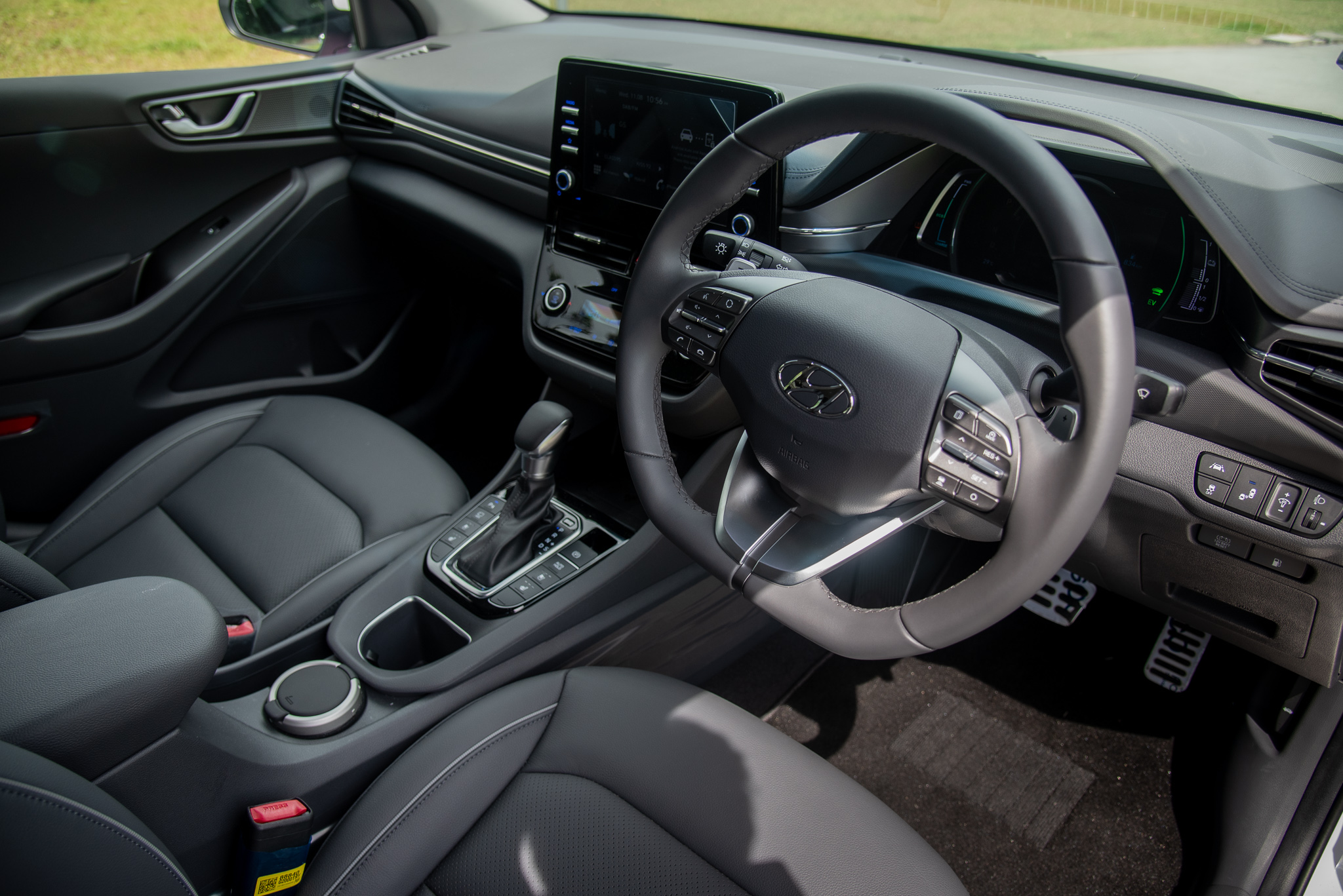
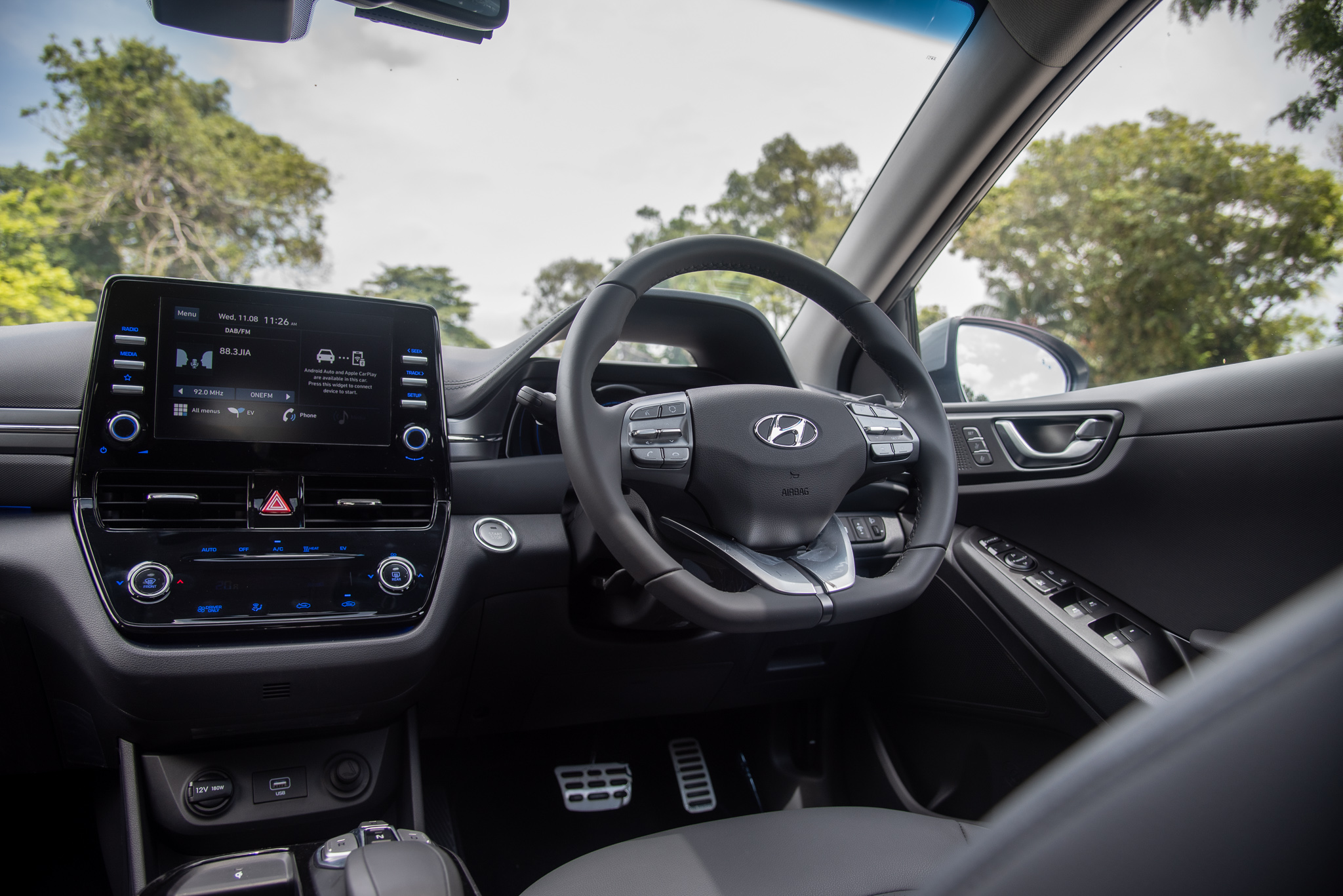
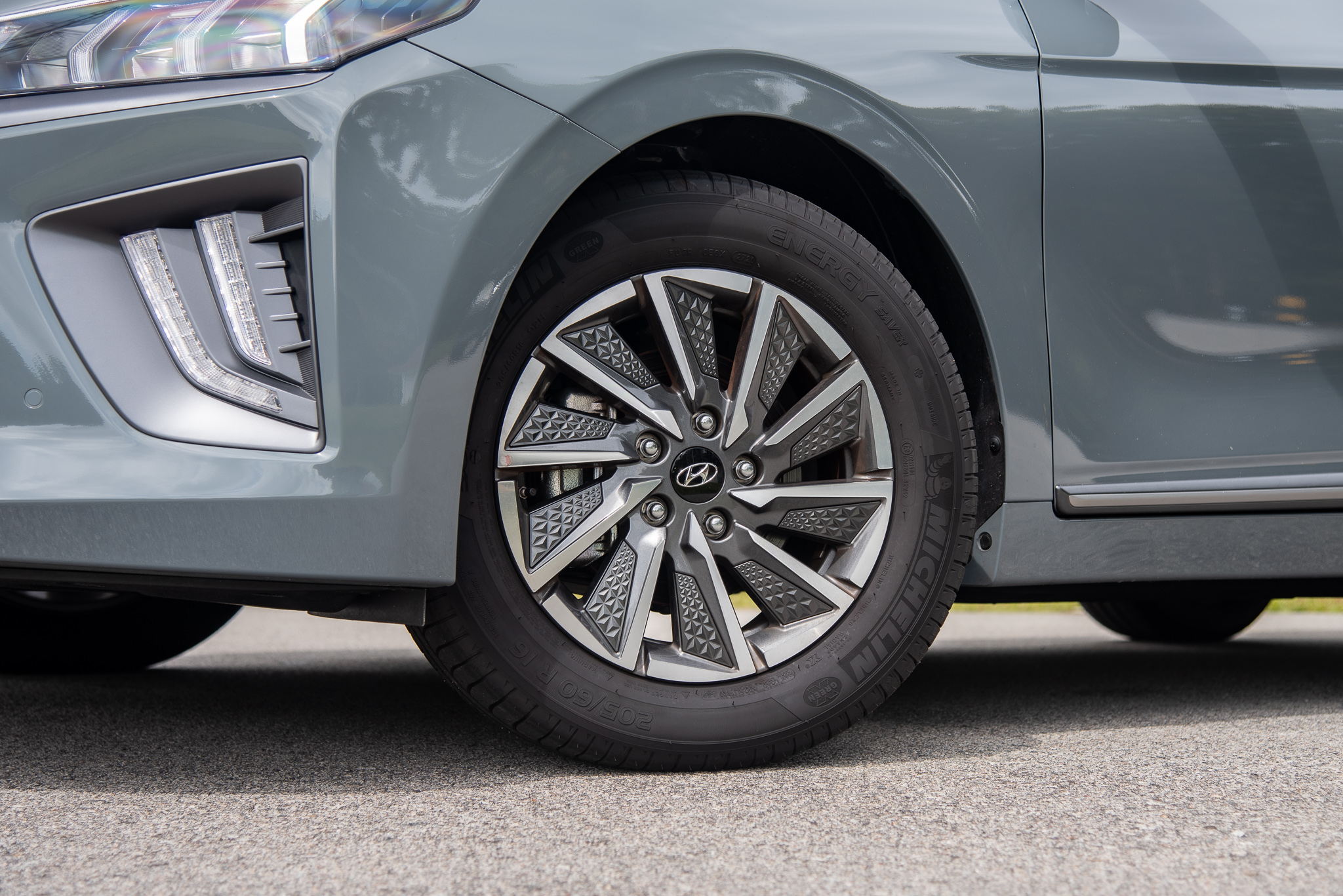
Aside from different centre stacks on the dashboard, the cabins of the Ioniqs and the Konas are basically identical, save for a few aero tweaks on the exterior. The BEVs get smoothed out grilles, no tailpipes (because, electric), and it gets smoother aerodynamic rims to minimise errant airflow.
The electric cars may be pricier than their hybrid siblings, but in the long run, the relatively lower running costs give them an edge over petrol-electric cars.
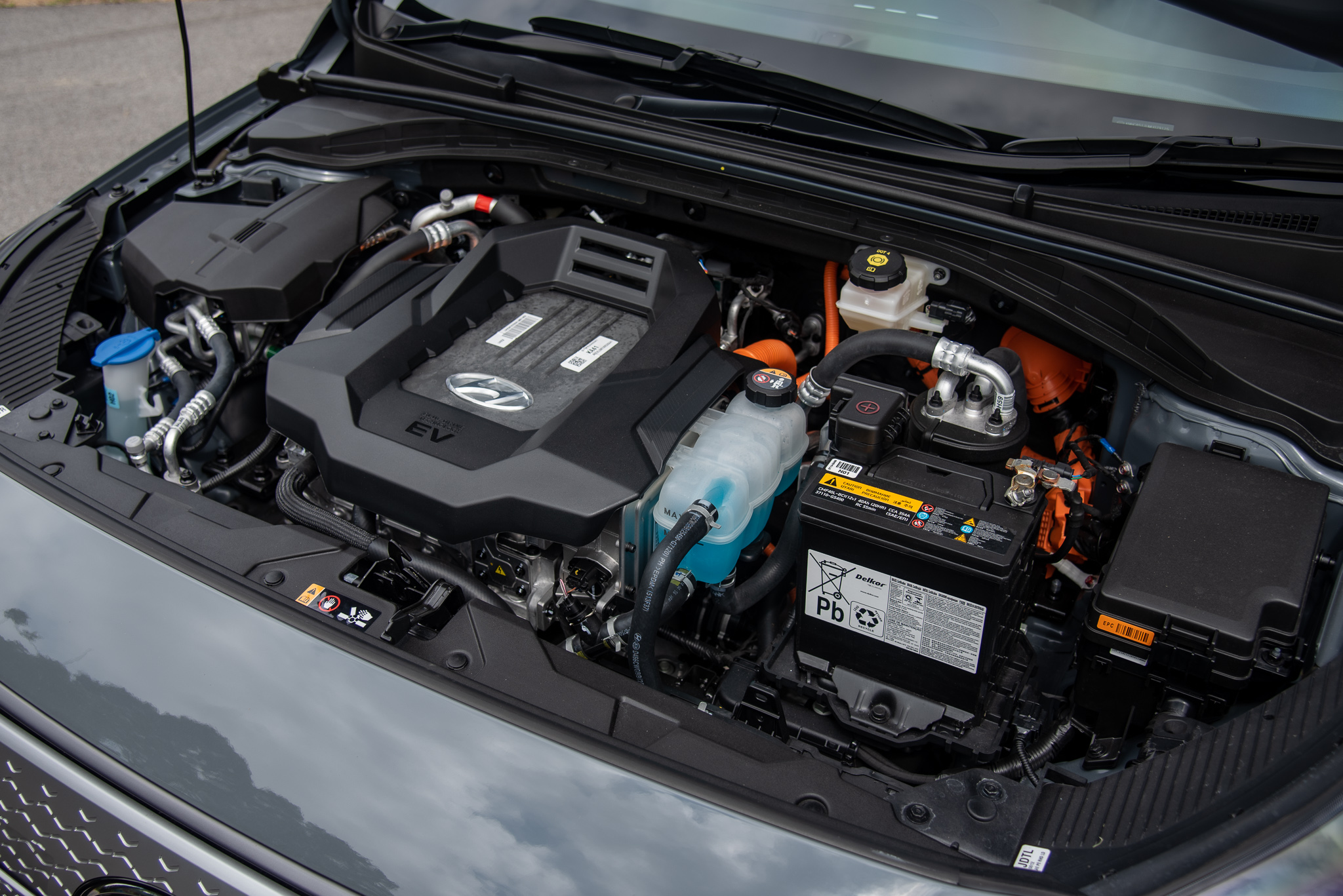
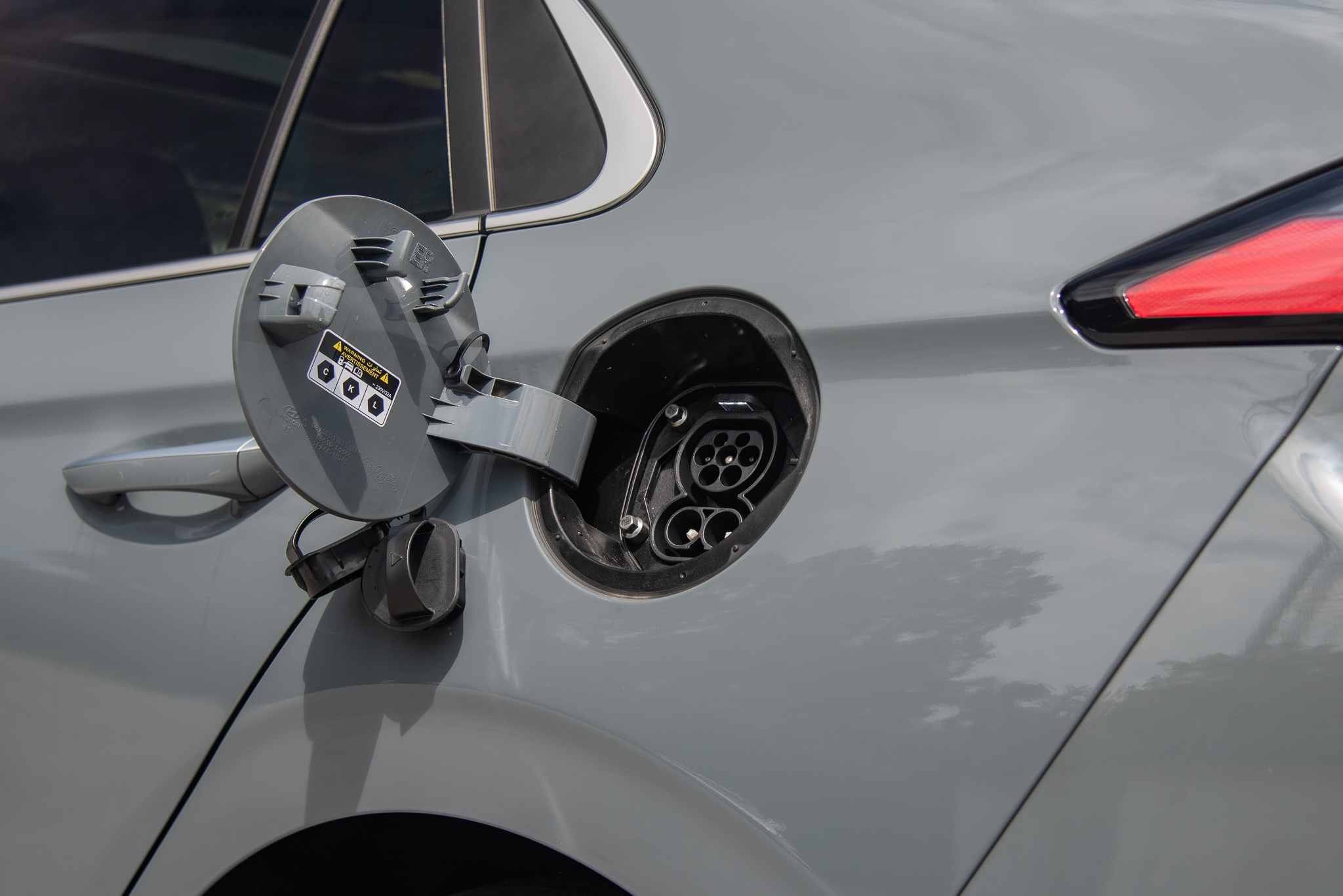
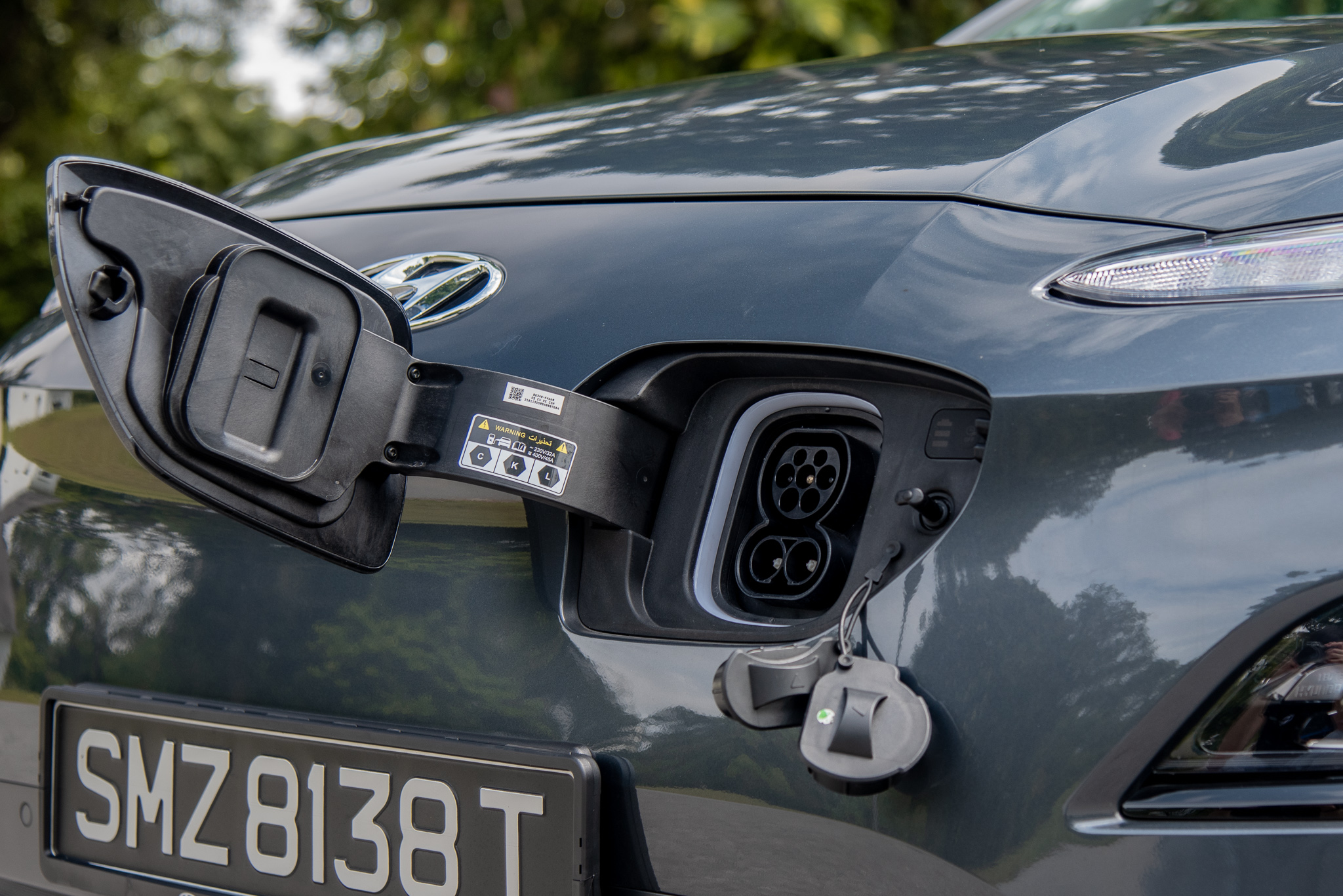
A little known fact however, is that most EVs come with an on board charger (OBC) that converts alternating current (AC) into direct current (DC) to be stored in the vehicle’s battery pack.
The Kona and Ioniq 5 feature an 11kW OBC, while the Ioniq’s is rated at 7.2kW. With the 11kW OBC, the batteries can be fully-charged at most wallbox charging points in about eight hours.
The high conversion rate of the OBC makes charging your Kona or Ioniq electric quicker and it allows drivers to utilise any EV charging station that supports Type 2 AC chargers.
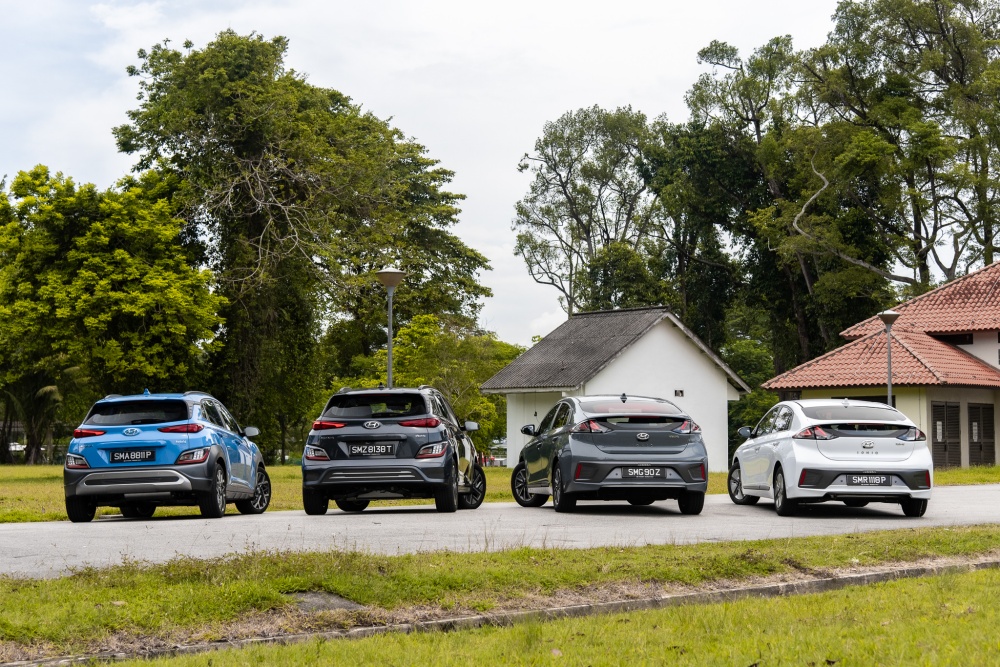
If you are fortunate enough to gain access to a Combo 2 or CCS DC charger, the OBC is bypassed entirely, and you’ll be able to juice up your ride much quicker. The battery packs in the Ioniq electric and Kona electric are 38.3kWh and 39.2kWh respectively. With a 50kW DC charger, charging either the electric Kona or the Ioniq will take you less than an hour.
At full capacity, the Ioniq electric has a range of 311km, with the Kona electric good for 305km. The range of both electric vehicles is sufficient for the everyday driver. If that doesn’t tickle your fancy, there’s even an extended range Kona electric model with a 64kWh battery pack, which is rated for 484km.
PHOTOS by Jay Tee
Hyundai KONA Hybrid
- Engine 1,580cc, inline 4 Atkinson cycle
- System Power 130hp/5700rpm
- Torque/rpm 265Nm/1,500rpm
- Transmission 6spd dual-clutch DCT
- 0-100km/h 11.3secs
- Top Speed 161km/h
- Fuel Consumption 3.9l/100km
Hyundai KONA Electric (Standard range)
- Electric Motor 134hp, 395Nm
- Battery Lithium-Ion, 39.2kWh
- Charge Time / Type 4.5hrs / Wallbox; 50mins approx. / DC 50kW fast charge
- Electric Range up to 305km
- 0-100km/h 9.9secs
- Top Speed 155km/h
- Energy Consumption 15kWh/100km (avg.)
Hyundai IONIQ Electric
- Electric Motor 136hp, 295Nm
- Battery Lithium-Ion, 38.3kWh
- Charge Time / Type 6hrs / Wallbox; 60mins approx. / DC 50W fast charge
- Electric Range up to 311km
- 0-100km/h 9.9secs
- Top Speed 165km/h
- Energy Consumption 11.7kWh/100km (avg.)
Hyundai IONIQ Hybrid
- Engine 1,580cc, inline 4
- System Power 130hp/5700rpm
- Torque/rpm 265Nm/1,500rpm
- Transmission 6spd dual-clutch DCT
- 0-100km/h 10.8secs
- Top Speed 185km/h
- Fuel Consumption 3.8l/100km
Find out more about the new KONA Hybrid.
